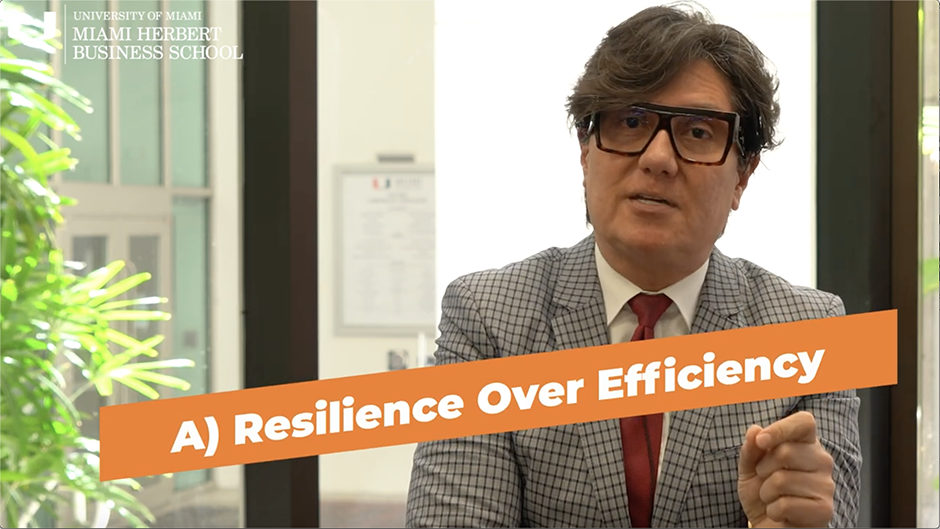Abnormal Phase
During the pandemic, with abrupt shifts such as from office to home settings, completing tasks may carry more weight than meeting specific role requirements. But upon the conclusion of the crisis, businesses will confront the abnormal phase, when roles will once again take precedence as workers adjust to a return to some sense of normalcy.
Transient Normal Phase
The economy has fallen into a sort of “induced coma.” In this state, the patient still needs food and care. In the transient normal phase, business leaders will need to find ways to “feed” the economy, such as by identifying 1. the market segments that prospered despite the crisis; 2. the products that can directly or indirectly target those market segments; 3. the geographic locations or regions that continue to flourish; and 4. how to adapt one’s products or factory to meet the booming markets.
New Normal Phase
In the last phase, the new rules of the game represent an exciting opportunity to start from scratch. Here, leaders must guide their businesses by embracing three main characteristics:
Resiliency. Under the new normal, management should prioritize resiliency over efficiency. Resilience suggests the need to provide a higher value to the consumer to achieve a buffer of cash and better profit margins, towards a deliberate and permanent endeavor of “thinking into the future,” since traditional low-cost practices only make past methods inflexible, resulting in rigidity. In this near future, companies will likely carry the position of a chief future officer, who will prepare for situations of crisis and help sustain the company by establishing resiliency.
Orchestration. Business leaders must understand the need to switch from a more egocentric managerial role to the orchestration of others. Steve Jobs described himself as an “orchestra conductor.” Besides overseeing the iPhone’s pleasing, user-friendly, and miniature design, he orchestrated the value of many different firms into the platform by introducing the apps. As another example, CEMEX, one of the largest cement firms in the world, enhanced value beyond cement by orchestrating others into creating the largest chain of construction material stores in the world. To deliver more value, a leader’s challenge will lie in modifying from a manager as a position of the 20th century to an orchestra conductor of the 21st century.
Storytelling. The third characteristic of the new normal will transcend selling products into transmitting stories. Connecting with the consumer entails telling stories, being emotional. People become willing to pay more for a story because touching the heart creates limitless possibilities. To be successful in the new normal, business leaders will need to stop thinking in products and start thinking in stories.
For additional COVID-19 Thought Leadership and business resources from Miami Herbert Business School faculty, click here.

